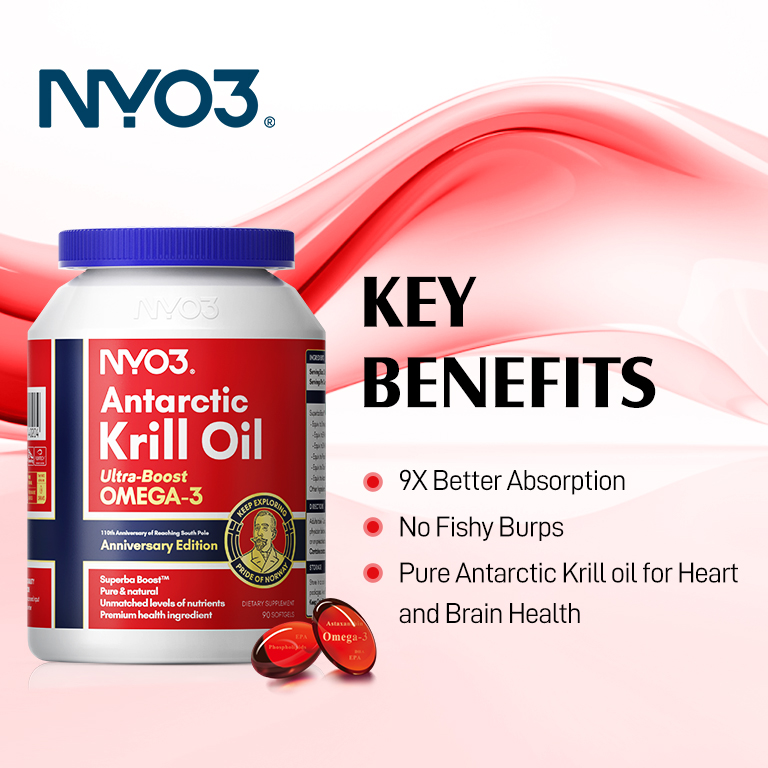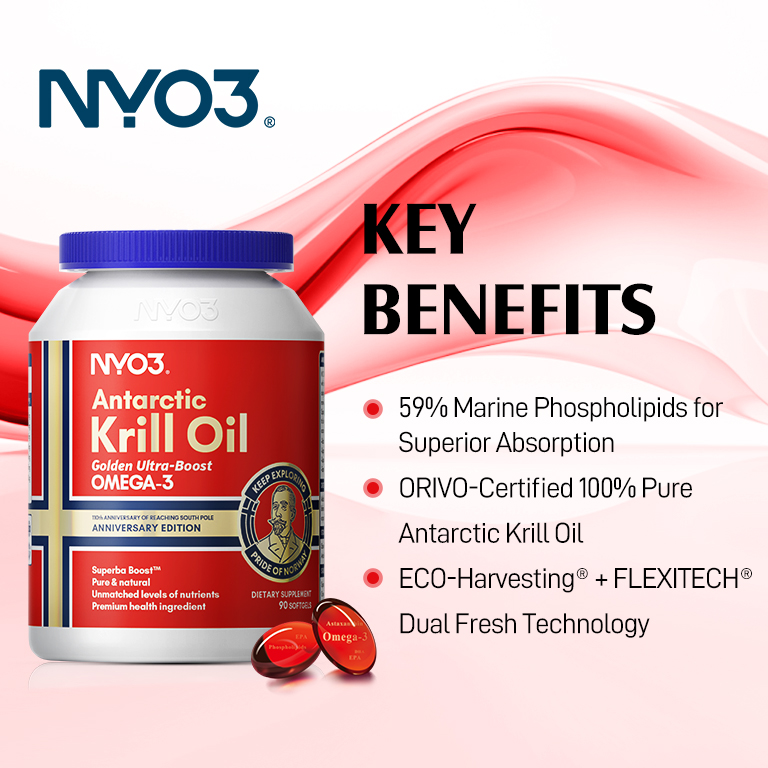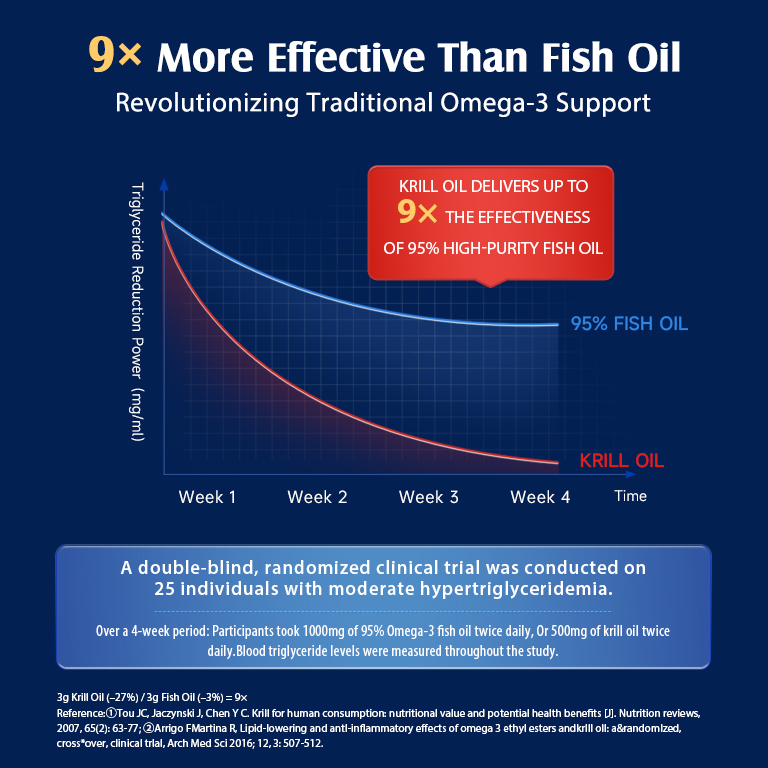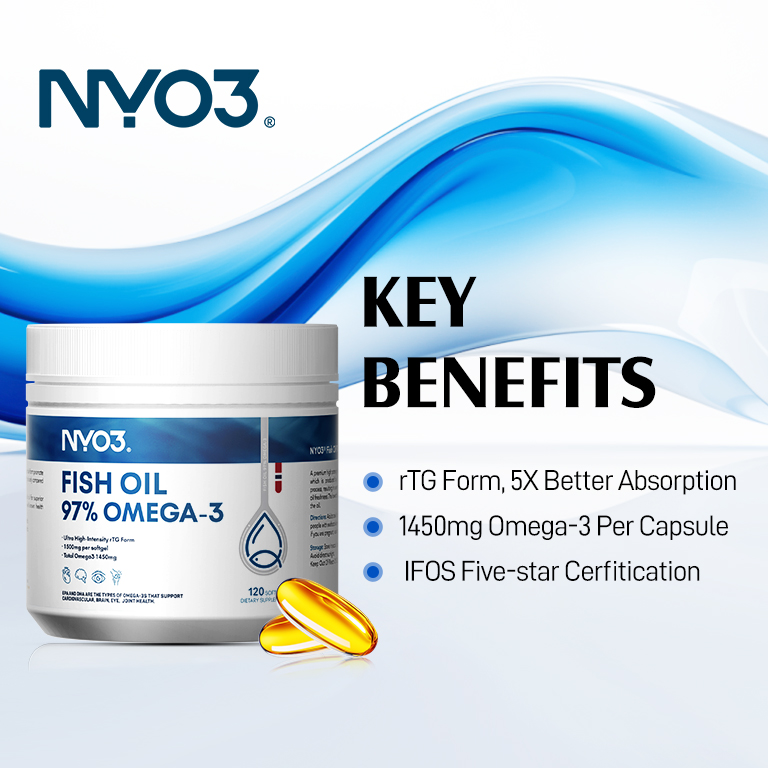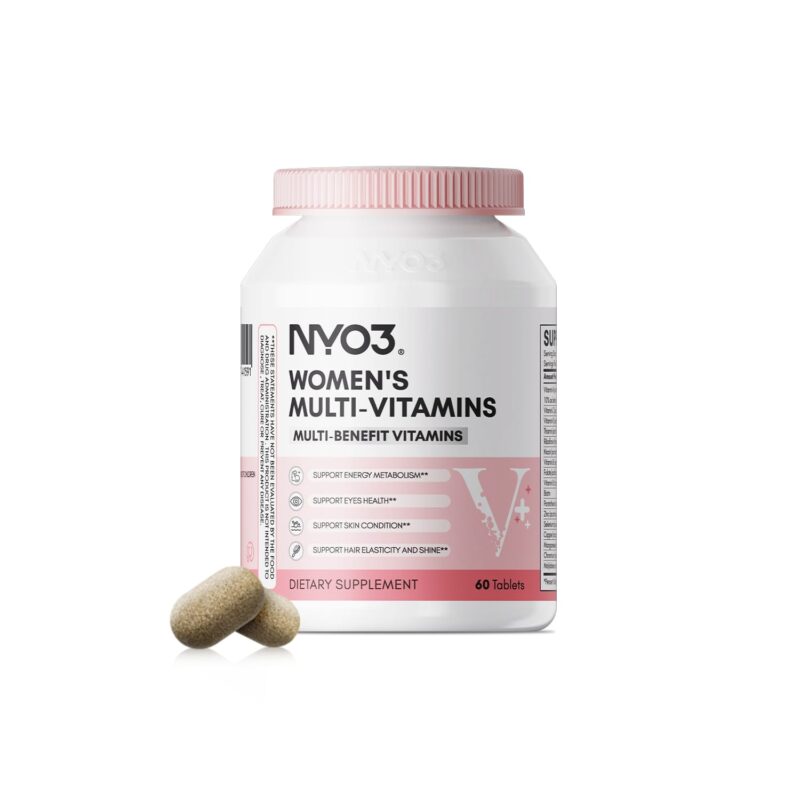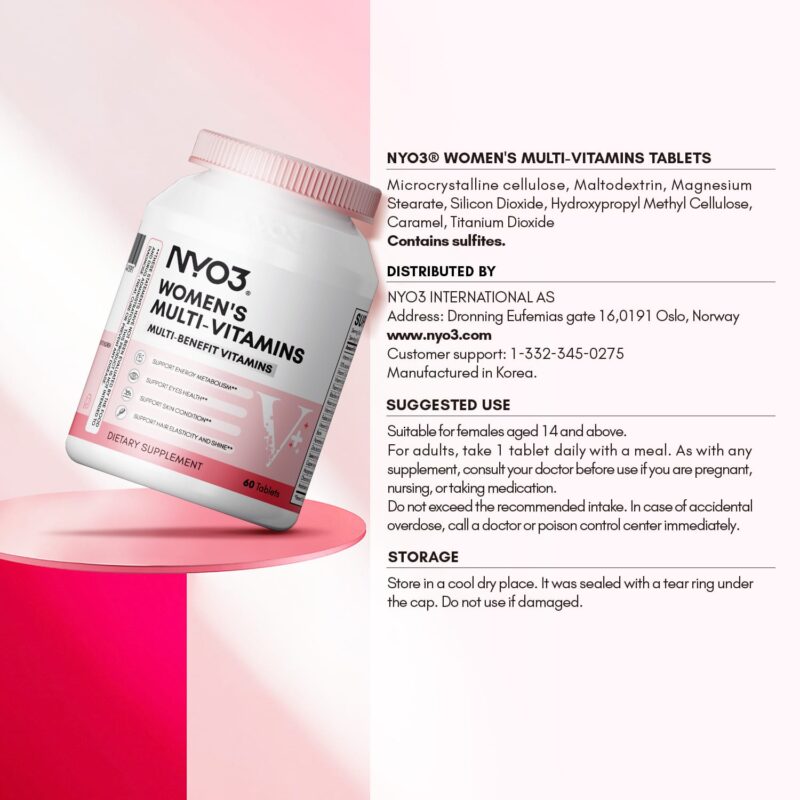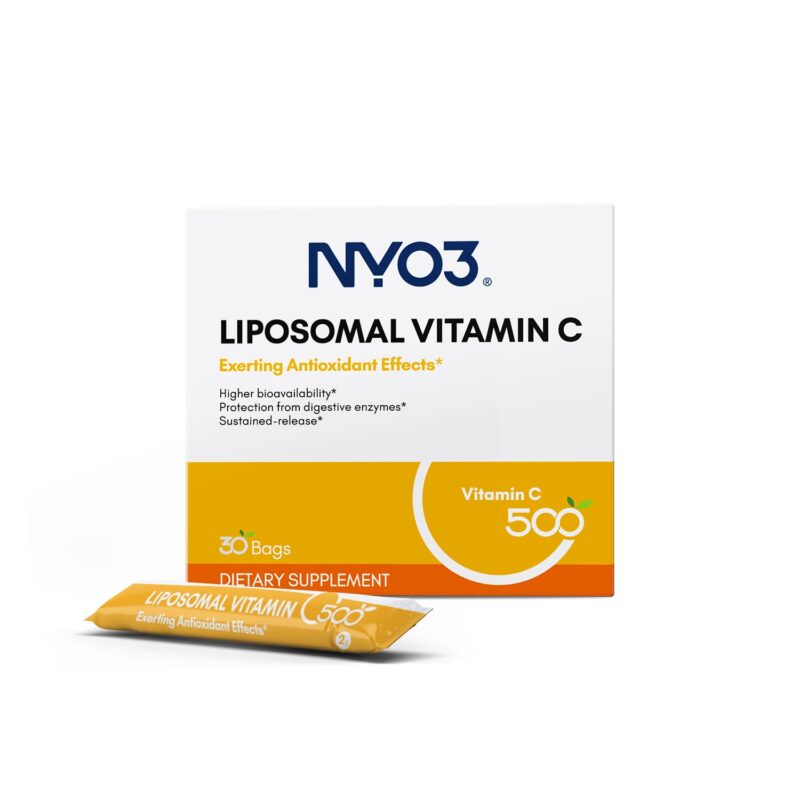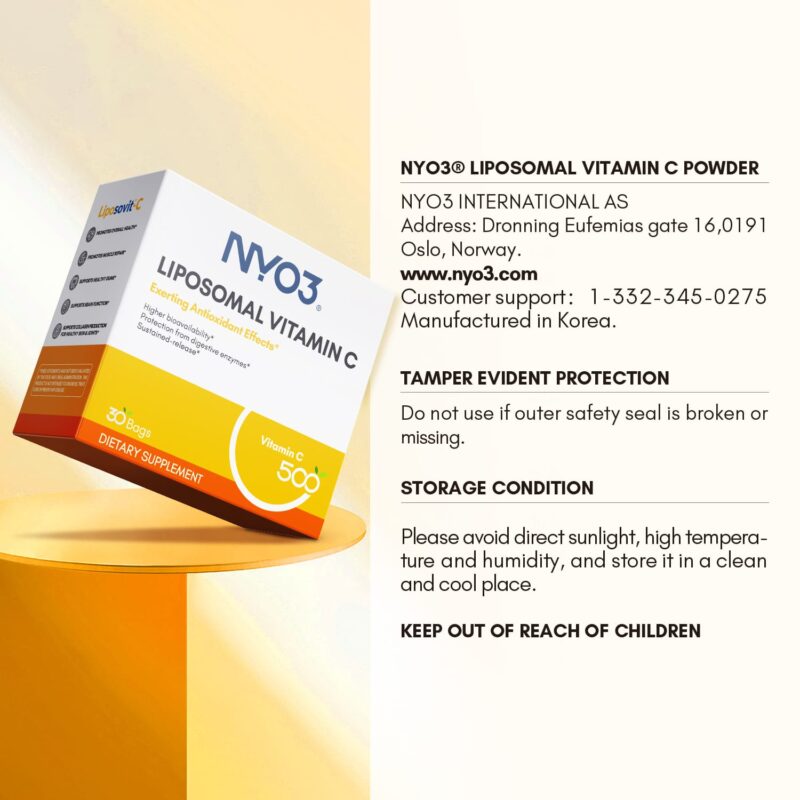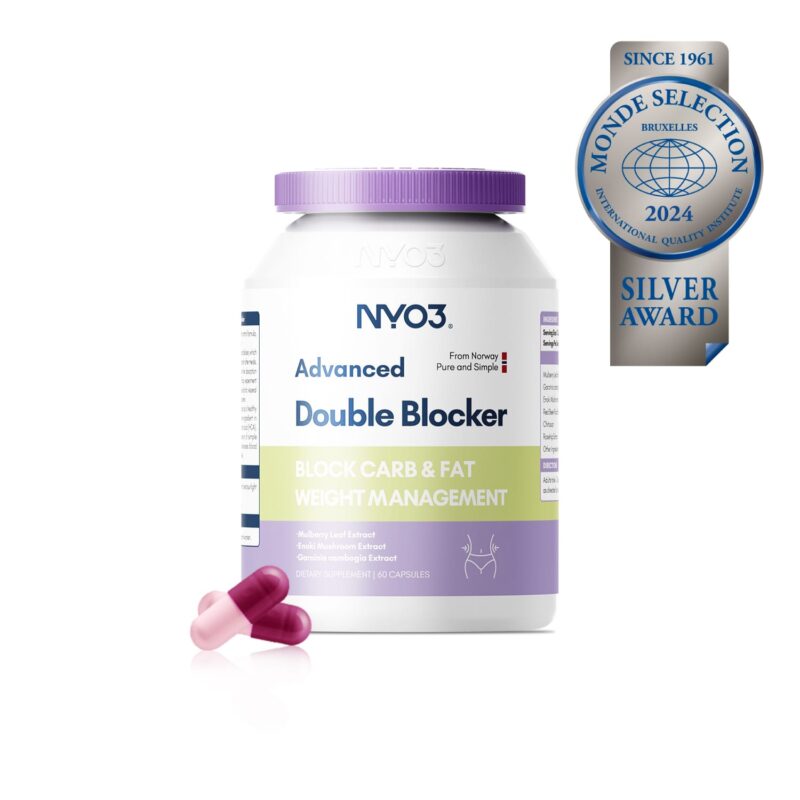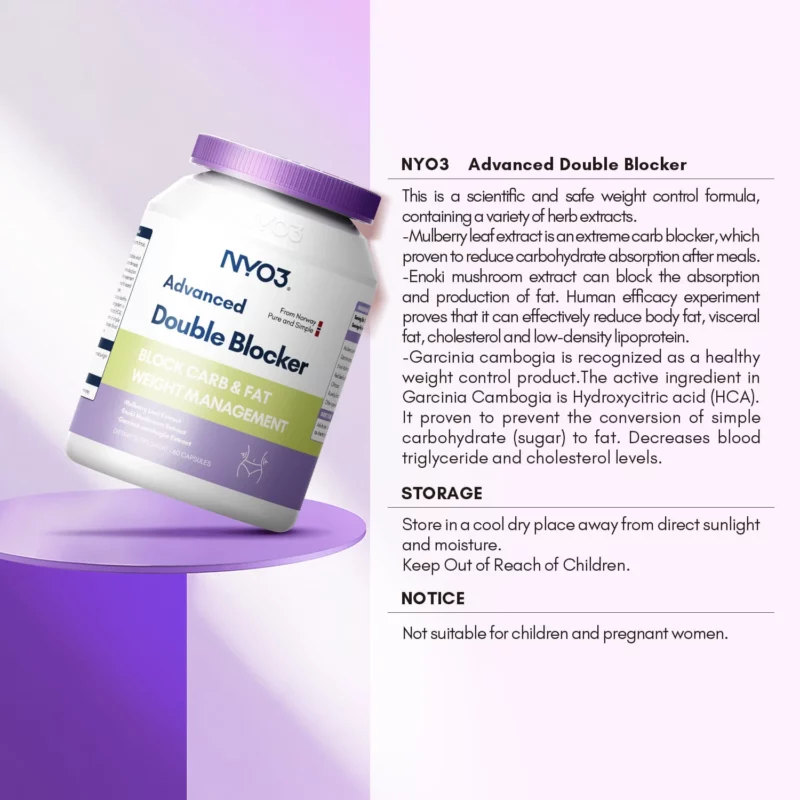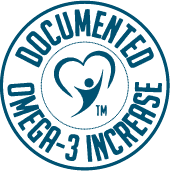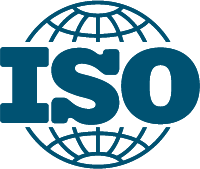5 Best Omega 3 Supplements for Women!
Omega-3 supplements can be a game-changer for women’s health. These powerful fatty acids play key roles in your body, from supporting heart function to aiding brain health. If you don’t eat fish often, a supplement might be just what you need.
Fish oil supplements can provide important omega-3s like EPA and DHA, which may help lower cholesterol and reduce joint pain. These benefits are especially valuable for women as they age. Some studies even suggest omega-3s might lower the risk of certain cancers, including breast cancer.
Taking an omega-3 supplement daily could make a big difference in how you feel. You might notice less joint discomfort, clearer thinking, and better overall health. It’s an easy step that could have far-reaching effects on your well-being.
Top Omega-3 Supplements for Women
Omega-3 supplements can help women meet their nutritional needs. These products offer different forms and concentrations of omega-3s to support various health goals.
NYO3® 56% 海洋磷脂磷虾油阿蒙森版

NYO3® Antarctic Krill Oil Amundsen Omega 3 Softgels is a premium marine supplement harvested from the pristine waters of Antarctica. This sustainable source of omega-3 fatty acids utilizes advanced extraction technology to preserve the natural phospholipid form of EPA and DHA, which has been shown to have superior bioavailability compared to traditional fish oil supplements.
The product stands out for its high concentration of astaxanthin, a powerful antioxidant that helps maintain the oil’s freshness while providing additional health benefits. Each softgel is manufactured under strict quality control standards and undergoes rigorous testing to ensure purity and potency, making it an excellent choice for those seeking to support their heart, brain, and joint health.
Pros:
- Certified 100% pure by ORIVO and IFOS
- Honored with the Monde Selection Gold Quality Award 2024
- High in Omega-3 fatty acids, EPA, DHA, phospholipids, choline, and astaxanthin
- Better absorption than regular fish oil due to phospholipid form
- Contains natural astaxanthin for added antioxidant benefits
- Environmentally sustainable harvesting practices
Cons:
- More expensive than standard fish oil supplements
- May cause occasional fishy burping in some users
- Not suitable for people with shellfish allergies
NYO3® 97% Omega 3 Fish Oil Softgels
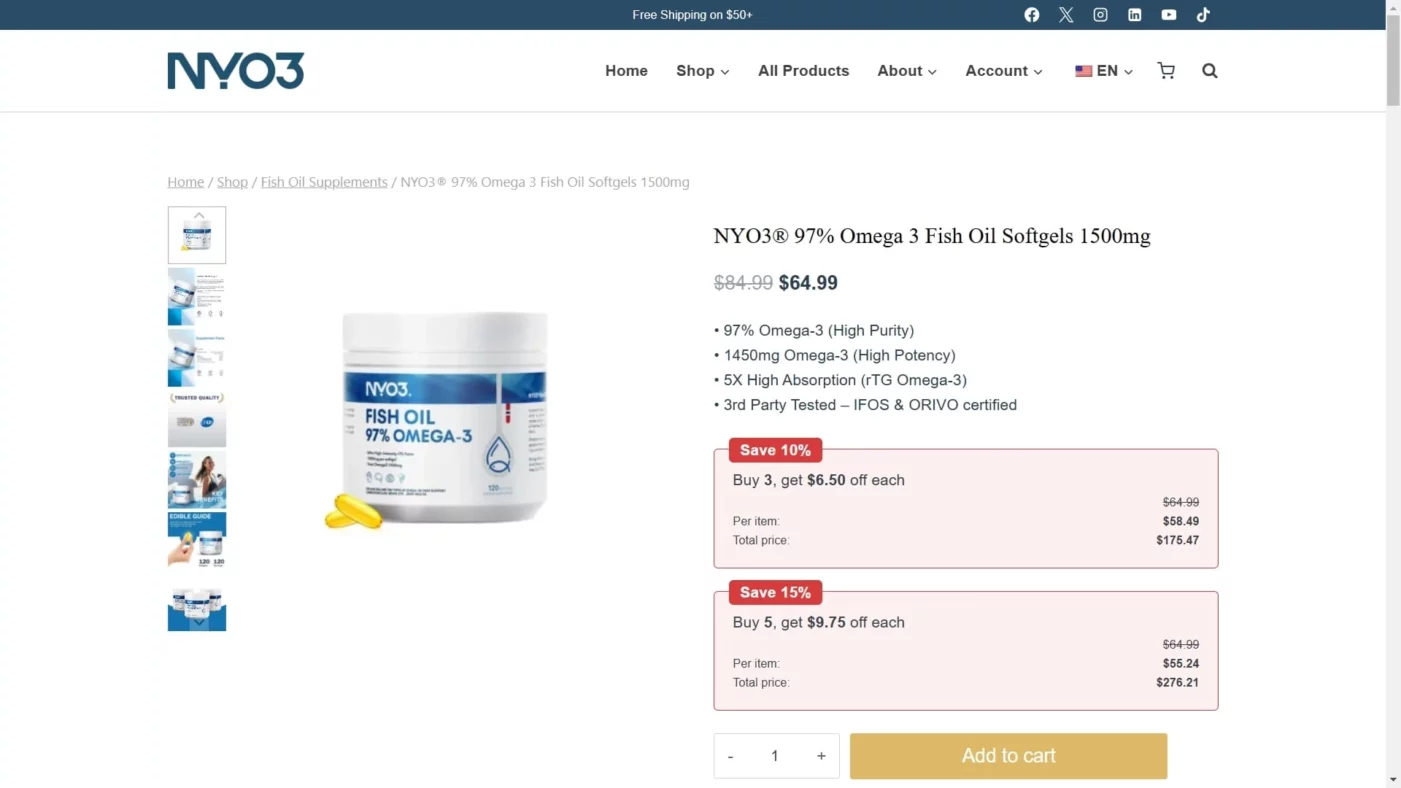
NYO3® 97% Omega 3 Fish Oil Softgels represents a highly concentrated fish oil supplement that delivers an exceptional purity level of omega-3 fatty acids. Through advanced molecular distillation and purification processes, this product achieves a remarkable 97% concentration of omega-3s, primarily consisting of EPA (eicosapentaenoic acid) and DHA (docosahexaenoic acid), making it one of the most potent fish oil supplements available in the market.
The softgels are manufactured using pharmaceutical-grade fish oil sourced from deep-sea fish, ensuring minimal environmental contaminants. Each capsule undergoes strict quality control measures and third-party testing to verify its purity, potency, and freshness, providing consumers with a reliable and effective way to support their cardiovascular health, brain function, and inflammatory response.
Pros:
- IFOS certified
- 药品级标准
- rTG Omega-3, 5X High Absorption
- Exceptionally high concentration (97%) of omega-3 fatty acids
- Advanced purification process ensures superior quality
- Higher potency means fewer capsules are needed daily
Cons:
- Premium price point due to concentrated formula
- May cause a fishy aftertaste in some users
- Larger capsule sizes may be difficult for some to swallow
Omegavia Ultra Concentrated Omega-3
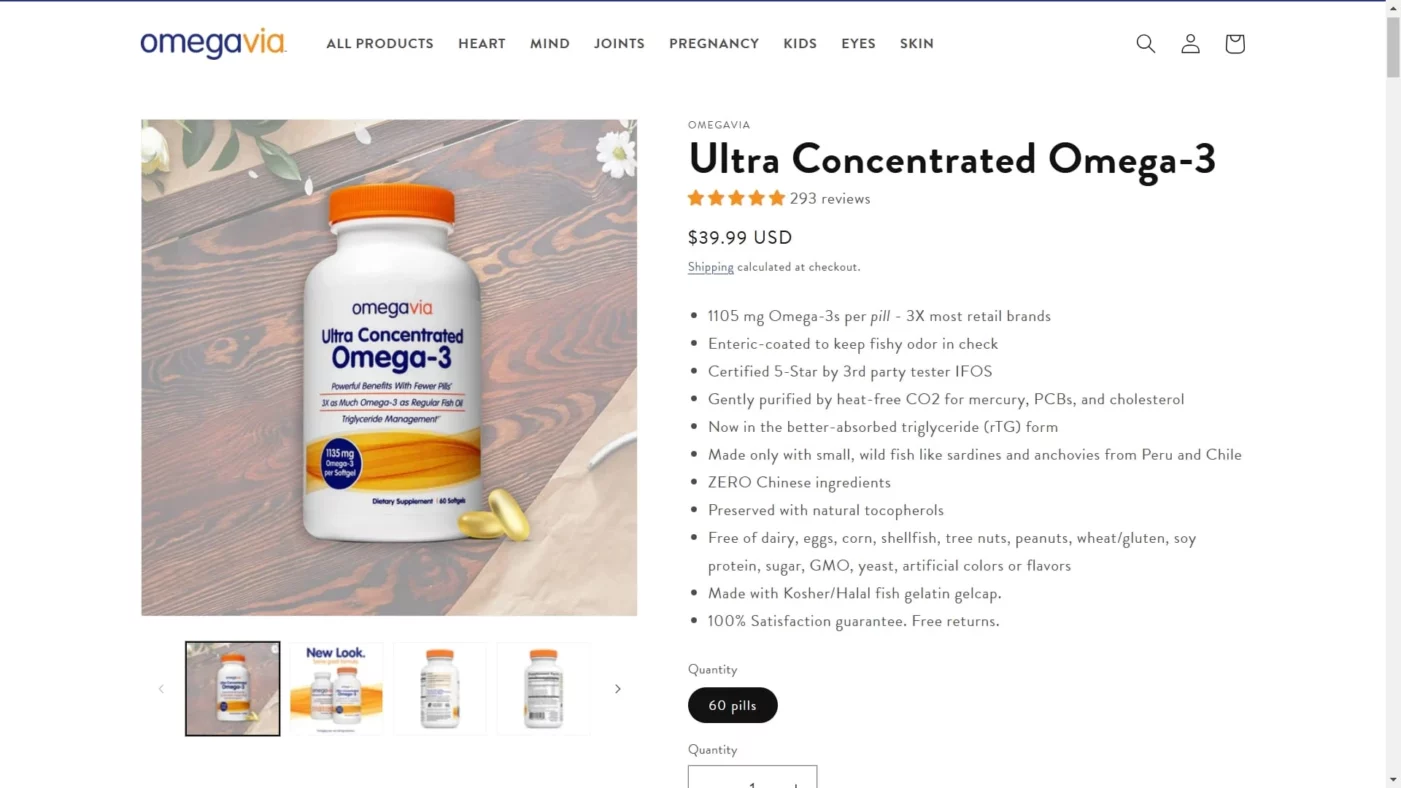
Omegavia Ultra Concentrated Omega-3 is a premium fish oil supplement that delivers high-potency omega-3 fatty acids in a concentrated form. The product utilizes advanced molecular distillation technology to achieve exceptional purity levels, providing a robust combination of EPA (eicosapentaenoic acid) and DHA (docosahexaenoic acid) in each softgel, making it an efficient choice for those seeking to maximize their omega-3 intake.
This pharmaceutical-grade supplement is manufactured in FDA-registered facilities and undergoes rigorous third-party testing to ensure purity and potency. Each batch is carefully tested for environmental toxins, heavy metals, and oxidation, providing consumers with a clean, safe, and effective way to support their cardiovascular health, cognitive function, and overall wellness through a concentrated dose of essential fatty acids.
Pros:
- High concentration of EPA and DHA per serving
- Third-party tested for purity and potency
- Made in FDA-registered facilities for quality assurance
Cons:
- Higher price point compared to standard fish oils
- Large capsule sizes may be challenging for some
- May require refrigeration to maintain freshness
Vivanaturals Fish Oil
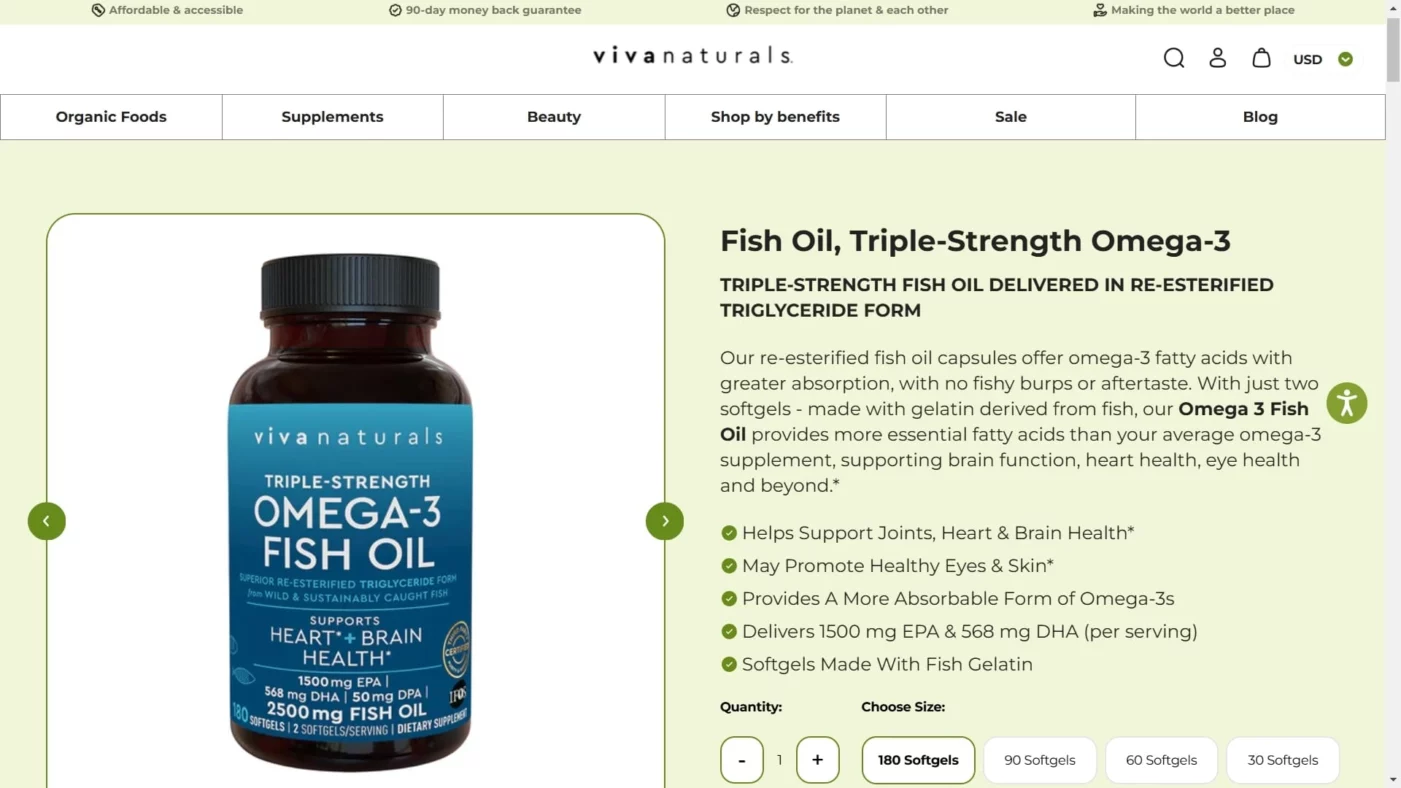
Vivanaturals Fish Oil is a widely accessible omega-3 supplement designed to provide essential fatty acids at an affordable price point. The product sources its oil from various species of wild-caught fish and undergoes basic purification processes to deliver a standard concentration of EPA (eicosapentaenoic acid) and DHA (docosahexaenoic acid), making it a practical choice for consumers seeking to maintain their daily omega-3 intake without breaking the bank.
The supplement is manufactured in facilities that follow Good Manufacturing Practices (GMP) and includes a natural lemon flavoring to minimize fishy aftertaste. Each softgel contains a moderate concentration of omega-3 fatty acids, providing a straightforward approach to supporting heart health, brain function, and joint mobility through regular supplementation.
Pros:
- Budget-friendly price point for daily supplementation
- Natural lemon flavor reduces fishy aftertaste
- Easily available through multiple retail channels
Cons:
- Lower concentration of omega-3s compared to premium brands
- The basic purification process may leave trace impurities
- May require more capsules to achieve the desired daily intake
Newchapter Wholemega™ Fish Oil
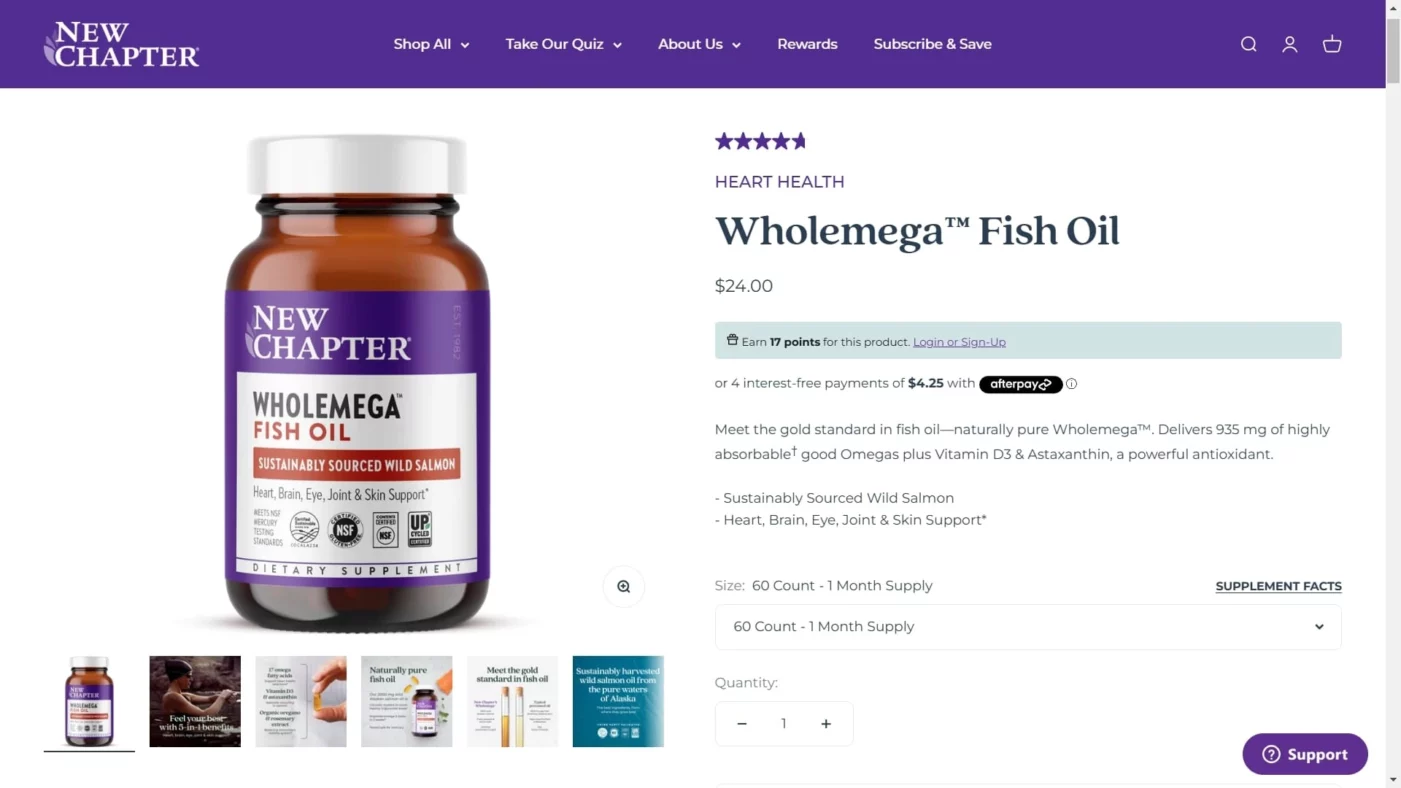
Newchapter Wholemega™ Fish Oil distinguishes itself through its unique approach to omega-3 supplementation, using wild Alaskan salmon oil in its natural, whole-food form. Unlike many conventional fish oil supplements that undergo extensive processing, this product maintains the oil’s complete nutritional profile, including naturally occurring astaxanthin, vitamins D3 and E, and a full spectrum of omega fatty acids (3, 5, 6, 7, and 9), delivering what the company calls a “whole food” approach to fish oil supplementation.
The supplement is produced through a gentle extraction process that preserves the oil’s natural composition while ensuring purity and freshness. Each softgel contains oil from sustainably sourced wild Alaskan salmon, certified by the Marine Stewardship Council (MSC), and is manufactured following strict quality control standards in certified facilities, providing consumers with a more natural and environmentally conscious option for their omega-3 needs.
Pros:
- Contains whole-food-based salmon oil with natural nutrient cofactors
- Sustainably sourced from wild Alaskan salmon with MSC certification
- Additional benefits from natural astaxanthin and vitamins
Cons:
- Higher price point due to premium sourcing and processing
- Lower concentration of EPA/DHA compared to concentrated fish oils
- A larger serving size is required to meet the recommended omega-3 intake
Understanding Omega-3 Fatty Acids
Omega-3 fatty acids are essential nutrients that play a crucial role in women’s health. They come in different forms and can be found in various food sources and supplements.
Types and Sources
There are three main types of omega-3 fatty acids:
- Alpha-linolenic acid (ALA)
- Eicosapentaenoic acid (EPA)
- Docosahexaenoic acid (DHA)
ALA is found in plant sources like flaxseeds, chia seeds, and walnuts. EPA and DHA are mainly found in fatty fish such as salmon, mackerel, and sardines.
You can also get omega-3s from fish oil supplements. These often contain a mix of EPA and DHA. If you don’t eat fish, algae-based supplements are a good alternative for EPA and DHA.
Role in Women’s Health
Omega-3 fatty acids offer numerous benefits for women’s health. They support heart health by helping to lower blood pressure and reduce the risk of heart disease.
During pregnancy, omega-3s are crucial for fetal brain development. DHA is especially important for the growth of the baby’s brain and eyes.
These fatty acids may also help reduce inflammation in the body. This can be beneficial for conditions like arthritis and may even help ease menstrual pain.
Omega-3s support skin health, potentially improving hydration and reducing signs of aging. They may also help with mood regulation, potentially reducing symptoms of depression.
Optimal Omega-3 Sources for Women
Women can get omega-3s from a variety of sources. These include fish, plant-based foods, and supplements. Each option has its own benefits and considerations for women’s health.
Fish and Seafood
Fish and seafood are excellent sources of omega-3s. Fatty fish like salmon, mackerel, sardines, herring, and trout are especially rich in these nutrients. Aim to eat fish 2-3 times per week.
Salmon is a top choice. It’s high in omega-3s and low in mercury. A 3-ounce serving provides about 1,500 mg of omega-3s.
Sardines are another great option. They’re small but mighty in omega-3 content. A 3-ounce serving gives you about 1,200 mg of omega-3s.
If you’re not a fan of fish, try other seafood. Oysters and mussels also contain omega-3s. They offer variety to your diet.
Plant-Based Alternatives
Plant-based foods can be good sources of omega-3s too. These are great for vegetarians or those who don’t like fish.
Chia seeds are a powerhouse. Just one ounce gives you 5,000 mg of omega-3s. Sprinkle them on yogurt or add them to smoothies.
Flaxseed oil is another strong option. One tablespoon provides about 7,000 mg of omega-3s. Use it in salad dressings or drizzle it over cooked vegetables.
Nuts and seeds like walnuts and hemp seeds also contain omega-3s. They make great snacks or toppings for salads and oatmeal.
Remember, plant-based omega-3s are a different type than those in fish. Your body may not use them as efficiently.
Supplement Options
Supplements can help fill gaps in your omega-3 intake. They’re useful if you don’t eat fish often or have higher omega-3 needs.
Fish oil supplements are common. They come in different strengths and forms. Look for ones with at least 500 mg of combined EPA and DHA per serving.
Algae oil supplements are a good choice for vegetarians. They provide DHA, an important type of omega-3.
When choosing a supplement, look for third-party testing. This ensures quality and purity. Start with a lower dose and increase gradually to avoid side effects.
Talk to your doctor before starting any supplement. They can help you decide if you need one and what dose is right for you.
Understanding the Different Types of Supplements
Omega-3 supplements come in various forms, each with unique benefits. The source and concentration of omega-3s can affect how well your body absorbs them.
Fish Oil vs. Krill Oil
Fish oil supplements are a popular choice for omega-3s. They’re made from fatty fish like salmon, mackerel, and sardines. 鱼油 is rich in EPA and DHA, two important types of omega-3s.
Krill oil comes from tiny Antarctic crustaceans. It contains the same omega-3s as fish oil, but in a different form. Your body may absorb krill oil more easily than fish oil.
Both options can help boost your omega-3 intake. Fish oil is usually cheaper, while krill oil may have additional benefits from its antioxidants.
Plant-Based Supplements
If you’re vegetarian or vegan, you have omega-3 options too. Algae oil is a good source of DHA. It’s the only plant-based supplement that provides significant amounts of both EPA and DHA.
Flaxseed oil is another plant option. It contains ALA, which your body can convert to EPA and DHA. However, this conversion is not very efficient.
These plant-based supplements can be a good choice if you avoid animal products. They may be more expensive than fish oil but offer similar benefits.
High Concentration Formulas
High-concentration omega-3 supplements pack more EPA and DHA into each dose. These formulas can be helpful if you need to take higher doses of omega-3s.
Cod liver oil is one example of a high-concentration supplement. It provides omega-3s along with vitamins A and D.
When choosing a high-concentration formula, check the EPA and DHA content. Look for products that clearly state the amount of each on the label.
Remember, more isn’t always better. Talk to your doctor about the right dose for you.
Assessing Quality and Effectiveness
When choosing omega-3 supplements, it’s crucial to evaluate their quality and effectiveness. Several factors contribute to the overall value of these products for women’s health.
Freshness and Purity
Omega-3 supplements can spoil quickly, affecting their potency and safety. Look for products with a recent manufacturing date and a clear expiration date. Fresh supplements should have no fishy smell or taste.
Check the label for information on purity. High-quality supplements undergo processes to remove contaminants like mercury and PCBs. Some brands list the levels of these substances on their packaging.
Consider supplements that use smaller fish species, like anchovies or sardines. These typically have lower levels of contaminants compared to larger fish.
Certification Standards
Certification standards help ensure the quality and safety of omega-3 supplements. Look for products that meet recognized standards.
Key certifications to look for:
- Good Manufacturing Practices (GMP)
- International Fish Oil Standards (IFOS)
- NSF International certification
- United States Pharmacopeia (USP) verification
These certifications indicate that the product has been tested for purity, potency, and quality. They also ensure that the manufacturing process meets strict guidelines.
Third-Party Testing
Independent testing by third-party labs adds an extra layer of assurance for omega-3 supplements. This testing verifies the product’s contents and checks for contaminants.
Look for supplements that display results from third-party labs on their packaging or website. These results should show:
- Actual omega-3 content
- Levels of EPA and DHA
- Absence of heavy metals and other contaminants
Some reputable third-party testing organizations include ConsumerLab, LabDoor, and IFOS. Their reports can help you compare different brands and choose the best option for your needs.
Recommended Dosages and Usage
Women need different amounts of omega-3 based on their life stage. The recommended daily intake of omega-3 varies, but here are some general guidelines:
- Adult women: 1,100 mg per day
- Pregnant women: 650 mg per day (with at least 300 mg as DHA)
- Breastfeeding women: 1,300 mg per day
You can get omega-3s from food or supplements. Fish oil capsules are a common choice. Most provide 1,000-1,200 mg of omega-3s per serving.
When taking supplements, follow these tips:
- Start with a lower dose and increase gradually
- Take with food to reduce side effects
- Split the dose throughout the day if needed
It’s best to talk to your doctor before starting any new supplement. They can help you determine the right dosage for your needs.
Remember, omega-3 supplements are generally safe up to 5,000 mg per day. But more isn’t always better. Stick to recommended amounts unless your doctor advises otherwise.
To maximize benefits, take your omega-3 supplement consistently. Set a daily reminder if needed. You can take it any time of day that works best for you.
The Impact of Omega-3 on Chronic Conditions
Omega-3 fatty acids play a crucial role in managing various chronic health issues. These essential nutrients can help improve heart health, reduce inflammation, and support bone strength.
Heart Disease and Cholesterol
Omega-3 supplements may lower the risk of heart disease. They can decrease triglyceride levels and increase HDL (good) cholesterol. This helps maintain a healthy balance in your blood lipid profile.
Consuming omega-3s regularly might reduce blood pressure. This effect is particularly beneficial if you have high blood pressure or are at risk for cardiovascular problems.
Omega-3s also have anti-inflammatory properties. This can help protect your arteries from damage and reduce the formation of plaque, which is a major factor in heart disease.
Autoimmune Diseases
Omega-3 fatty acids may benefit those with autoimmune conditions. Their anti-inflammatory effects can help manage symptoms and potentially slow disease progression.
In conditions like rheumatoid arthritis, omega-3s might reduce joint pain and stiffness. They may also decrease the need for anti-inflammatory medications.
For lupus patients, omega-3 supplements could help manage skin symptoms and reduce fatigue. In multiple sclerosis, these fatty acids might support brain health and cognitive function.
Bone Health and Osteoporosis
Omega-3s play a role in maintaining strong bones. They can help increase calcium absorption in your body, which is crucial for bone density.
These fatty acids may also reduce bone breakdown. This is especially important as you age and become more susceptible to osteoporosis.
Regular intake of omega-3s could lower your risk of fractures. They work by improving bone strength and reducing inflammation that can contribute to bone loss.
Omega-3s may also enhance the effectiveness of calcium supplements. This combination can be particularly beneficial for postmenopausal women at higher risk of osteoporosis.
常见问题
What are the health benefits of omega-3 for women?
Omega-3 fatty acids provide several benefits for women’s health. They support heart health and brain function. Omega-3s may also help balance hormones and ease menstrual symptoms.
During pregnancy, omega-3s are important for fetal development. They can boost skin health and hydration too.
How much omega-3 should a woman take daily for optimal health?
The recommended daily intake of omega-3s varies. Most adults should aim for 250 milligrams per day of EPA and DHA combined. This amount has been linked to heart health benefits.
Pregnant and breastfeeding women may need more. Talk to your doctor about the right dose for you.
What are the best omega-3 supplements for reducing inflammation?
Fish oil supplements are a common choice for reducing inflammation. They contain both EPA and DHA omega-3 fatty acids.
Algae-based supplements are good for vegetarians and vegans. These provide DHA and sometimes EPA. Krill oil is another option. It may be more easily absorbed by your body.
Can you recommend a reputable brand of omega-3 supplement?
It’s best to choose omega-3 supplements that have been third-party tested. Look for certifications from organizations like USP, NSF, or ConsumerLab.
Ask your healthcare provider for brand recommendations. They can suggest options based on your specific health needs.
What are the potential effects of taking omega-3 supplements daily for women?
Taking omega-3 supplements daily may improve your heart and brain health. You might notice smoother skin and reduced PMS symptoms.
Some women experience mild side effects like fishy burps or digestive issues. Taking supplements with meals can help reduce these effects.
Are there specific foods that are high in omega-3 to include in a woman’s diet?
Fatty fish like salmon, mackerel, and sardines are excellent sources of omega-3s. Try to eat fish twice a week.
For plant-based options, add flaxseeds, chia seeds, and walnuts to your meals. These contain ALA, a type of omega-3. Algae and seaweed also provide omega-3s. They’re good choices for vegetarians and vegans.
结论
Omega-3 supplements can be a great addition to your health routine as a woman. They offer many potential benefits for your body and mind.
These supplements may help support your heart health and brain function. They could also ease joint pain and improve your skin.
For pregnant women, omega-3s are important for your baby’s development. They might also help balance your hormones and ease menstrual discomfort.
Remember to talk to your doctor before starting any new supplement. They can help you decide if omega-3s are right for you and suggest the best dosage.
You can get omega-3s from food too. Fatty fish, flaxseeds, and walnuts are good sources. But if you don’t eat these often, a supplement can fill the gap.
Choose a high-quality omega-3 supplement from a trusted brand. Look for ones that have been tested for purity and potency.
By adding omega-3s to your diet, you’re taking a positive step for your health. They can be a valuable part of your wellness plan as a woman.

